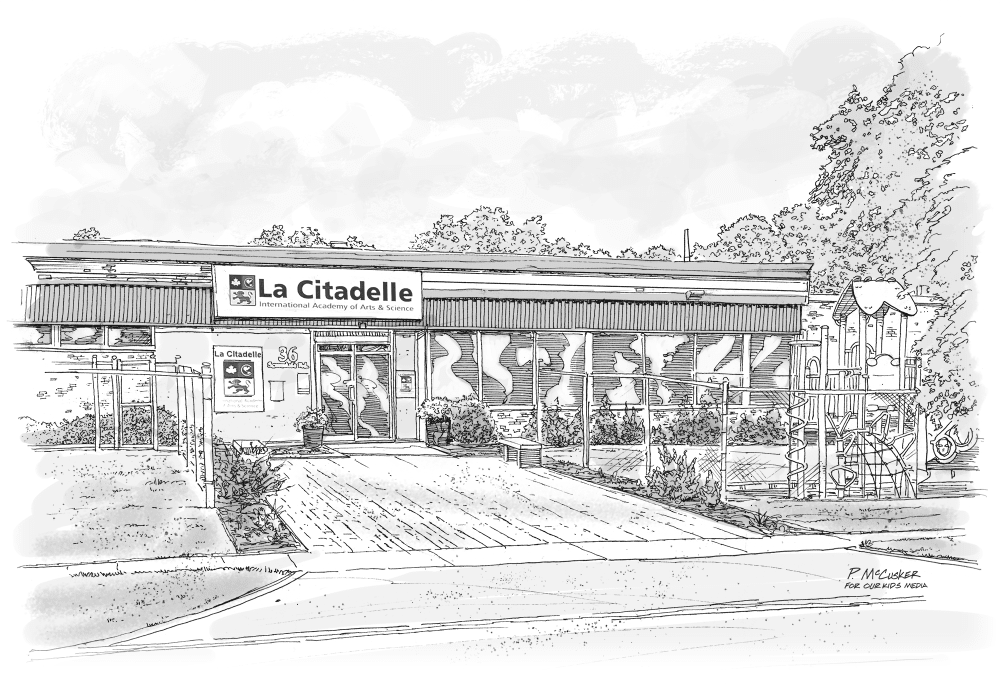

How we see La Citadelle International Academy of Arts & Science
The 50-page review of La Citadelle International Academy of Arts & Science is part of our series of in-depth accounts of Canada's leading private schools. It provides a unique and objective perspective on the school's academics, programs, culture, and community.
Read our in-depth reviewCompare with:
How La Citadelle International Academy of Arts & Science sees itself
"Rooted in the fundamental concepts of bilingualism, holistic education, mastery learning, and excellence in both instruction and education, La Citadelle offers a highly academic reach-ahead IB and AP curriculum together with a panoply of co-curricular activities to students from PrepK to Grade 12. Inspired to learn and achieve by competent and dedicated teachers, students are encouraged to embrace challenges and reach their goals while being provided with opportunities to develop individual interests and talents."
"Navigating private school options can be overwhelming today. La Citadelle addresses this complexity with a focus on essential elements like studying, mastery learning, discipline, and genuine child success. Our conversations with parents are refreshingly candid, emphasizing commitment and hard work for the honest pursuit of success. La Citadelle is committed to providing an authentic and objective perspective on the efforts needed from both students and families for success."
"La Citadelle welcomes diverse families seeking unique educational experiences. Academic-focused families value our commitment to excellence. Families seeking a fresh start appreciate our supportive environment. Those desiring a rigorous setting find familiarity in our structured approach. We tailor our methods to meet individual needs, ensuring a comprehensive and enriching academic journey for all students. Our unwavering commitment is to foster success and flourishing in education."
"Our school's smaller size, often overlooked, prioritizes interpersonal connections over opulence. In contrast to larger institutions, our close-knit environment fosters a deep understanding of each student's needs, strengths, and challenges, enabling a personalized educational approach. The essence of our school resides in the quality of instruction, a sense of community, and individualized attention, challenging prospective parents to value substance over size for their child's education."
"La Citadelle transcends academics, fostering a notable shift in student behaviour. Embracing values, discipline, and respect, diverse backgrounds undergo positive transformations, leaving parents astonished at improved conduct. Integrating academic excellence with a robust ethical foundation cultivates responsible, well-rounded individuals. Our unwavering commitment to education and character development redefines the educational experience, shaping promising futures for students and families al"
La Citadelle International Academy of Arts & Science operates summer camps and programs. Click here to learn about La Citadelle Summer Camp .


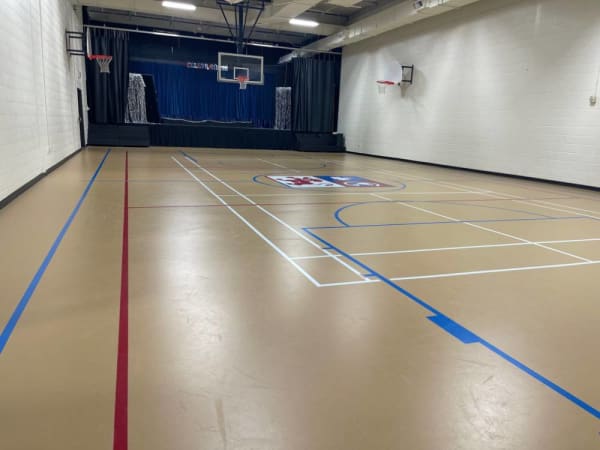

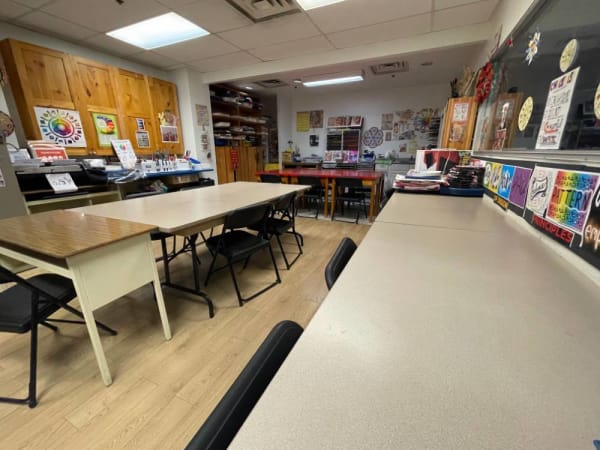



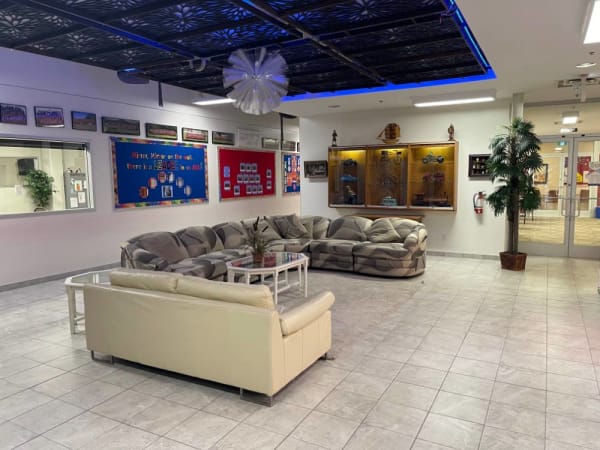
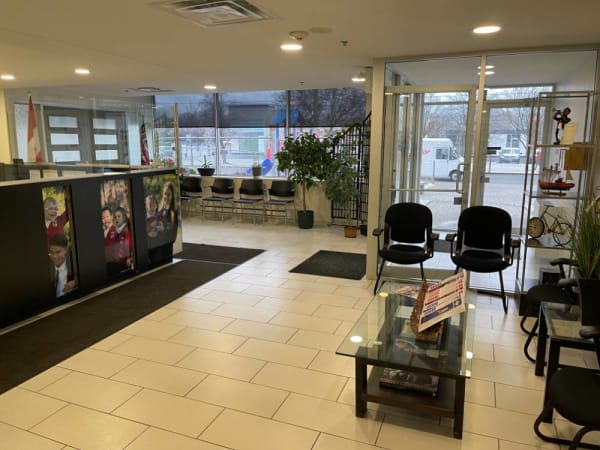
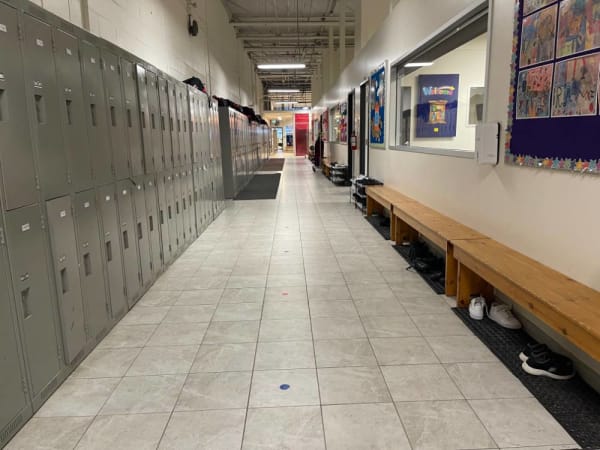



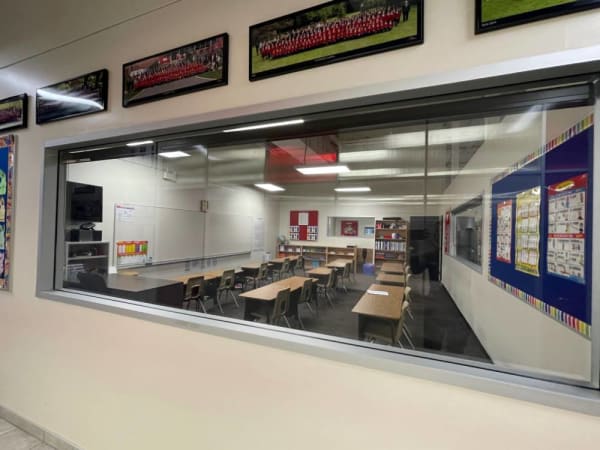
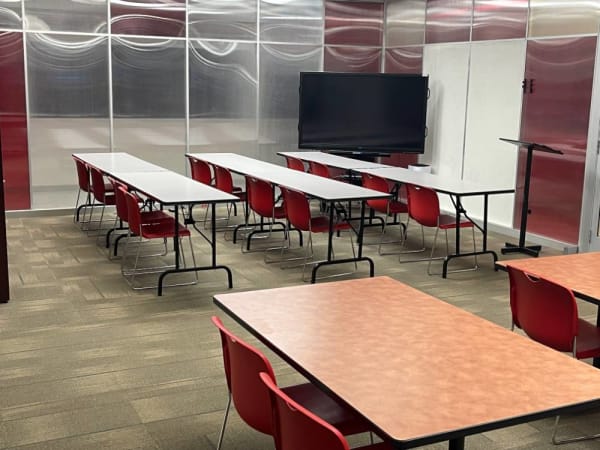




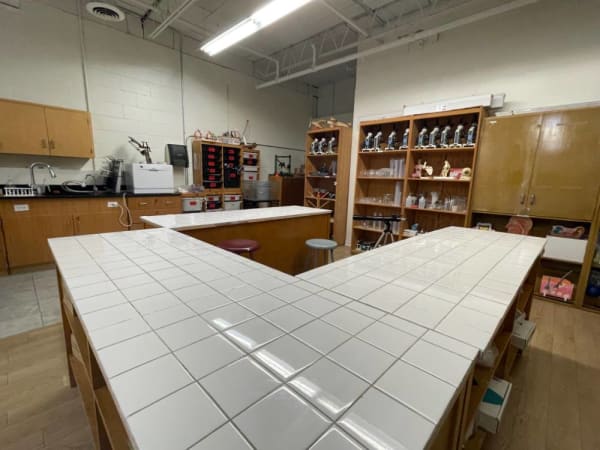
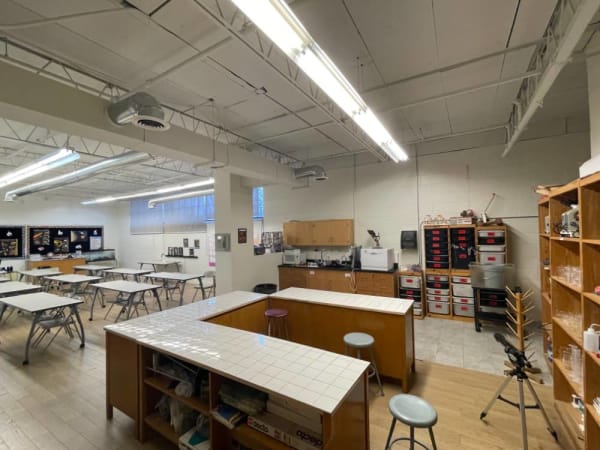
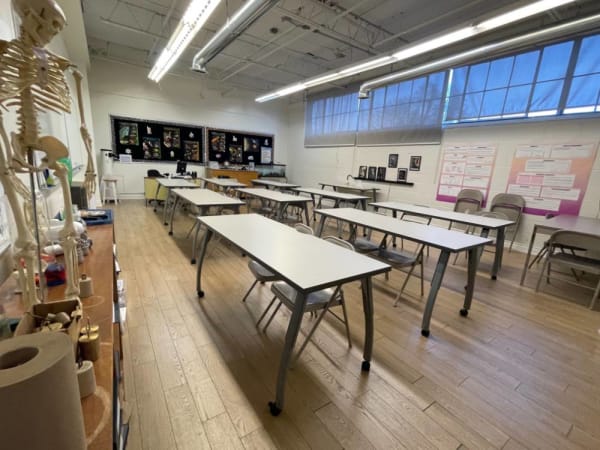







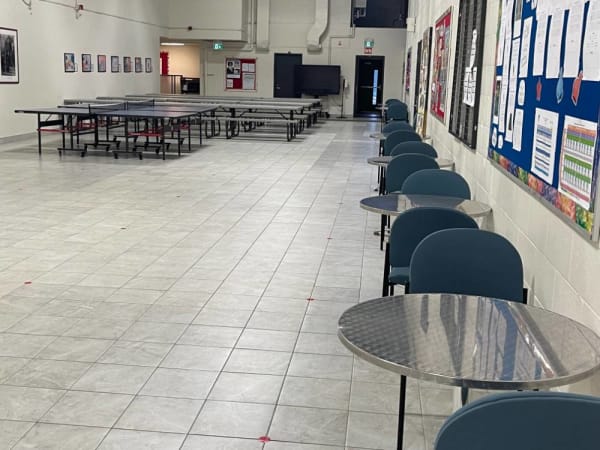
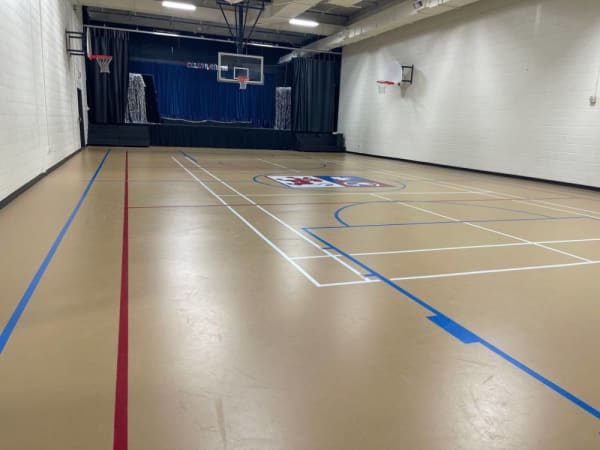






How people from the school’s community see La Citadelle International Academy of Arts & Science
Top-down influence on the school’s direction and tone
Alfred Abouchar, Headmaster
B. Sc., B. Ed., M. Sc., M. Ed
Alfred Abouchar is the Headmaster and founder of La Citadelle International Academy of Arts & Science. With a rich and diverse educational background spanning 40 years in both Canada and internationally, Mr. Abouchar has created this unique educational institution to instill in children a profound value for education while offering them a curricular program of study that leads students to the highest standard of academic achievement. For the past 17 years, La Citadelle International Academy of Arts & Science has been the living testimony of his vision that All children can succeed!
Fluent in both English and French, Mr. Abouchar holds an Honours B.Sc. in Physics and Chemistry from the American University in Cairo, a B.Ed. from Althouse College of Education of the University of Western Ontario, a M.Sc. in Physics from the University of Western Ontario and a M.Ed. from the Ontario Institute for Studies in Education of the University of Toronto.
Beginning his extensive career in education by teaching Physics and sciences at the secondary level, Mr. Abouchar was recruited by the Ministry of Education as Education Officer, Provincial Consultant in Mathematics and Sciences and Secretary General of the Council for Franco-Ontarian Education. He has among his various academic contributions also occupied the positions of Principal Investigator & Coordinator of the Ontario Assessment Instrument Pool in Chemistry and Physics, Professor at the Faculty of Education of the University of Ottawa and Superintendent of Curriculum, Research and Continuing Education with the Ottawa-Carleton French Language School Board. Mr. Abouchar has also lead the Ontario delegation at the joint Canada-France Educational Workforce in Chad, founded the Multicultural Francophone Association of Ontario, and served for 9 years on the Ontario Advisory Council on Multiculturalism and Citizenship.
Mr. Abouchar has furthermore participated in the provincial overhauling of the Ontario Science Curriculum, written Physics and sciences textbooks, developed innovative educational software and related films, and lectured extensively on a variety of topics in Education.
A passionate musician and composer, Mr. Abouchar has successfully merged his musical talent with his expertise in computer technology and pedagogy to create a unique Computer Music Program of study which is offered exclusively to all elementary and secondary school students at La Citadelle. The annually produced albums of their collective compositions are but tokens of the authentication of the development of their creativity and their power of learning and achieving at La Citadelle.
“Since 'seeing is believing ', I gracefully extend an invitation to all parents of school children to visit La Citadelle and experience first-hand its harmonious and scholarly perspectives and to join us on our fascinating endeavor of distinctly shaping the lives of our children and leading them to success,” - Mr. Abouchar.
THE OUR KIDS REPORT: La Citadelle International Academy of Arts & Science
Next steps to continue your research:
Continue researching La Citadelle International Academy of Arts & Science with OurKids.net, or visit school website.
